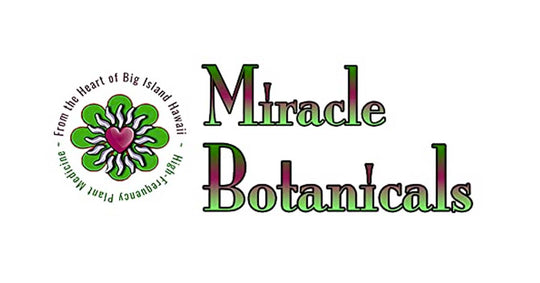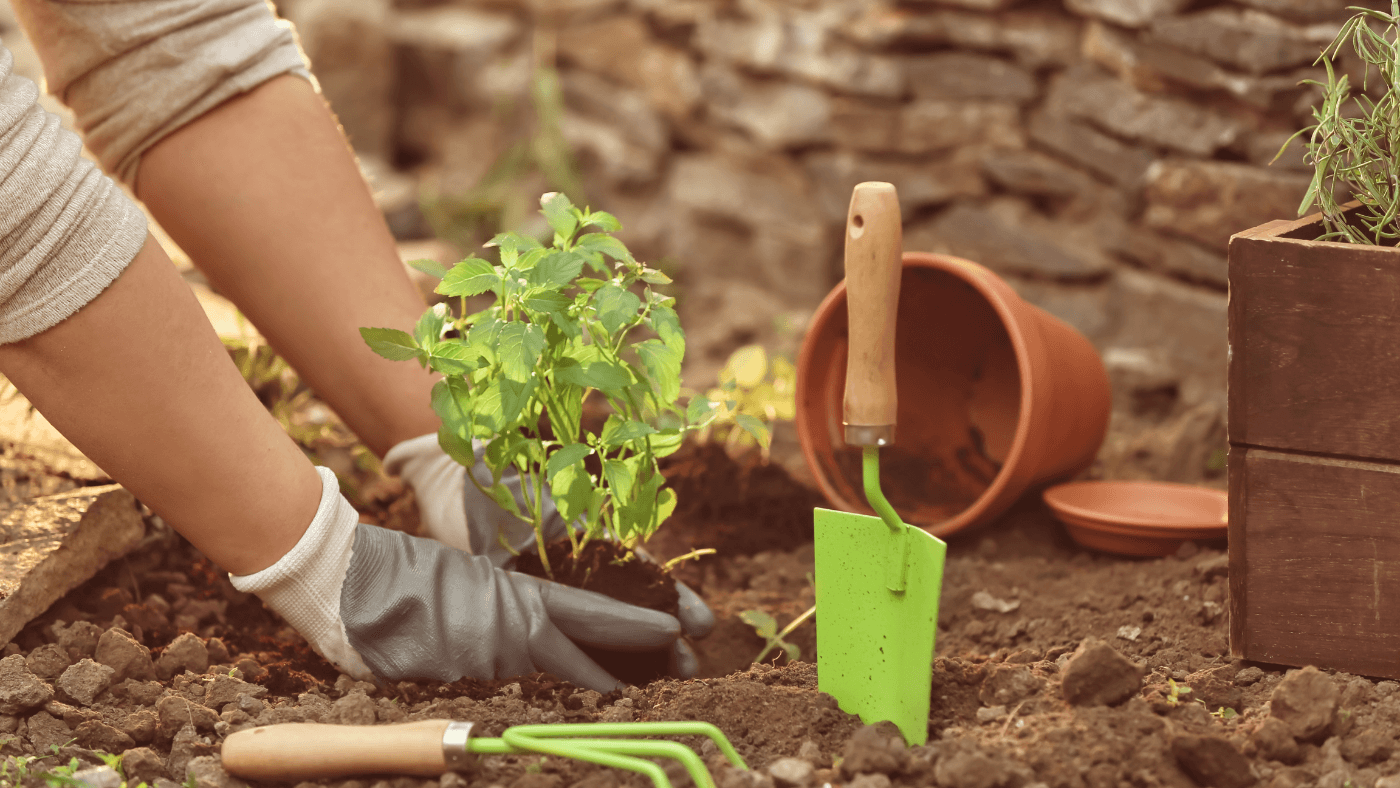Gardening for essential oils is a fun and creative way to get involved with making plant medicine. Essential oils give plants their unique flavors and aromas, which is a large part of what attracts us to them. Growing plants for their essential oils is a fun way to explore the world of plant medicine, and to receive their aromatherapy.
5 Best Essential Oils for Gardening
All plants have essential oils, but they are not all easy to access if you don’t have your own still.
Below I’ve listed my top 5 plants for growing in a home garden.
I chose these plants because they can easily be used in everyday life, they are relatively easy to grow, their essential oils are plentiful in the part of the plant that’s also edible, and they are wonderful in culinary dishes, teas, and added to baths.
Melissa Essential Oil (Lemonbalm) - Organic (Melissa Officinalis)
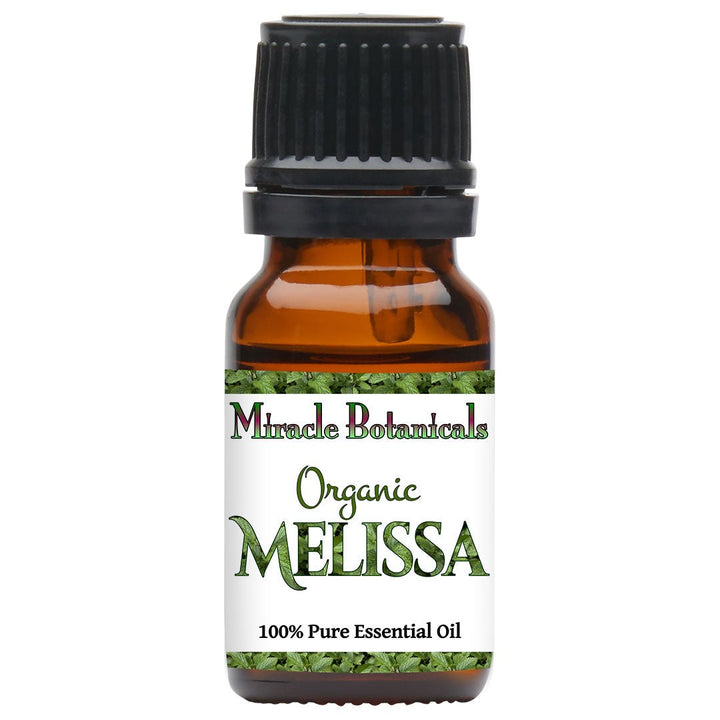
$49.97
Botanical Name: Melissa Officinalis Plant Part: Leaves Method of Extraction: Steam Distilled Country of Origin: Bulgaria Color/Consistency: Golden Yellow Color with Thin Consistency Main Chemical Components: Geranial (44.47%), Neral (33.37%), beta-Caryophyllene (4.76%) … read more
Melissa grows low to the ground, like mint, and makes a lovely ground cover within a garden space.
Rosemary ct. Verbenone - Organic - South Africa (Rosmarinus Officinalis)

$11.97
Botanical Name: Rosmarinus Officinalis, chemotype: Verbenone Plant Part: Leaves Method of Extraction: Steam Distilled Country of Origin: South Africa Color/Consistency: Clear/Pale Yellow Tinge with Thin Consistency Aroma: Spicy, Fresh, and Stimulating Perfumery Note: Middle Main Chemical Components: alpha-Pinene (19.49%),… read more
Tarragon Essential Oil (Artemisia Dracunculus)
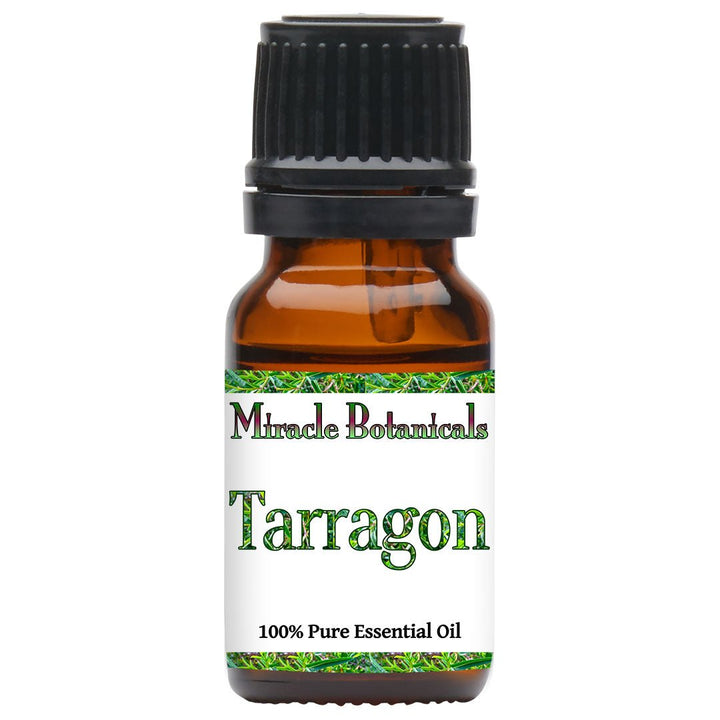
$9.97
Botanical Name: Artemisia Dracunculus Plant Part: Flowering Plant Method of Extraction: Steam Distilled Country of Origin: USA Color/Consistency: Clear/Slight Yellow Tinge with Thin Consistency Aroma: Sweet-Anise, Spicy-Green Perfumery Note: Middle Main Chemical Components: Estragole (75.28%), trans-beta-Ocimene (8.65%), cis-beta-Ocimene (7.69%) … read more
Lemongrass Essential Oil - Organic (Cymbopogon Flexuosus)
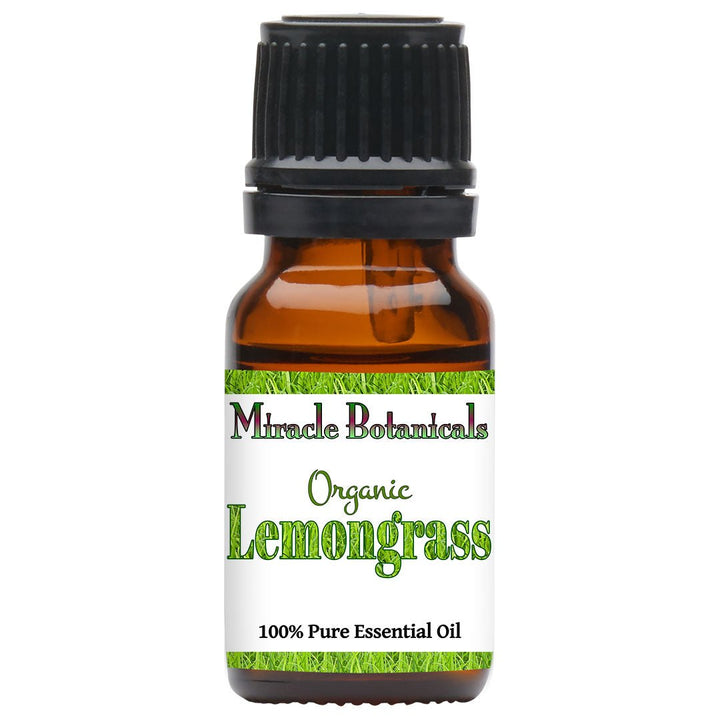
$9.97
Botanical Name: Cymbopogon Flexuosus Plant Part: Entire Plant Method of Extraction: Steam Distilled Country of Origin: India Color/Consistency: Golden Yellow with Thin Consistency Aroma: Heavy, Lemony, and Green Perfumery Note: Top Main Chemical Components: Geranial/Citral A (40.57%), Neral/Citral B… read more
Lemongrass (Cymbopogon Flexuosus)
Peppermint Essential Oil - USA (Mentha Piperita)
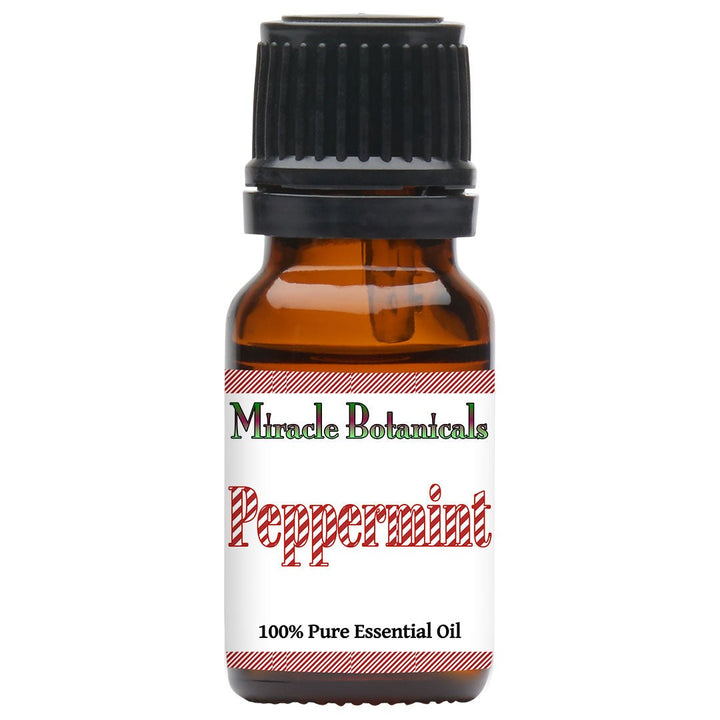
$9.97
Botanical Name: Mentha Piperita Plant Part: Leaves Method of Extraction: Steam Distilled Country of Origin: USA (Williamette Valley) Color/Consistency: Light Yellow/Clear Color with Thin Consistency Aroma: Fresh, Minty, Hot, and Herbaceous Perfumery Note: Top Main Chemical Components: Menthol (43.04%), Menthone… read more
